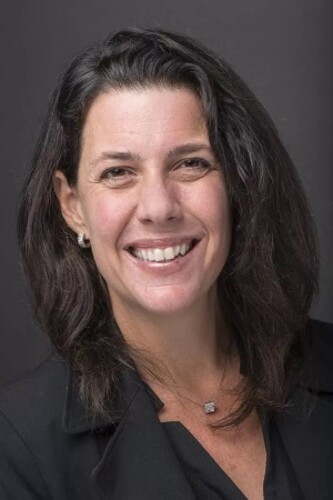HousingWireHousingWire
A state senator in Washington, citing dwindling enrollment numbers at an Olympia college and the impending “silver tsunami” of population trends, wants to close an existing college campus and transfer its control to the University of Washington to repurpose it for health sciences studies.
This is according to an announcement from the senator’s office, along with the text of a proposed bill reviewed by HousingWire’s Reverse Mortgage Daily (RMD), and an interview with the senator who introduced the bill.
John Braun, who serves as the Republican minority leader in the state Senate, said that the trend of Washington’s population getting older — i.e., the “silver tsunami” — necessitates new priorities for education and training of more health workers who can accommodate the growing share of older Washingtonians.
Evergreen State College — located in the state capital of Olympia — has seen declining enrollment numbers in recent years. Braun cites a May 2024 news story from a local newspaper, where a college official cited a more complex federal student aid application as a key culprit to the low enrollment figure.
The bill at hand has been referred to the state Senate’s higher education and workforce development committee. RMD reached out the committee’s chair, Sen. T’wina Nobles (D), who declined to comment. Outreach to Evergreen State College was not returned.
But Braun spoke with RMD and said that addressing the needs of older Washingtonians starts with bolstering the labor force that is equipped to provide care. He said he’s hopeful that his Senate colleagues will understand that to accomplish such a goal, they need more capacity for dedicated education.
“The bottom line is that we’re having less folks interested in the unique educational opportunities that are available at Evergreen,” he said, adding that it’s not his intention to “pick on Evergreen” as some of his colleagues have done in the past. Instead, dwindling enrollments have suggested that the state could put the facilities to better use by looking at the issue of an aging population.
Braun added that enrollment at Evergreen State College is far from what it was in the early 2010s. The college was founded in 1967.
“Its full-time enrollment of 2,386 in 2024 is identical to the enrollment in 1982 and less than half of what it was in 2009-2011,” Braun said when announcing the proposal.
This would be a longer-term goal, and preliminary conversations he’s had with fellow lawmakers and newly minted Gov. Bob Ferguson (D) have demonstrated a wide variety of reactions. Lawmakers in the same district as the college are resistant, but Braun said the governor was at least intrigued by the concept without committing one way or the other.
The costs to renovate the existing campus would be a concern for some of his colleagues, Braun said. But the funding that goes to the college right now is pronounced, and making an investment in the workforce of the future that can better accommodate more older residents would be an incentive for lawmakers and the college’s community, he said.
Like much of the country, Washington is facing an increase in the number of older residents in the coming years along with a shortfall of workers to care for them. Braun argues that repurposing the college can help to address this challenge.
“We’ve got to look for incremental improvements. I think that’s our best chance politically, and from a ‘do-no-harm’ perspective,” he said. “And my little incremental piece is, how do we make the workforce stronger and more available? It’s the Evergreen bill.”
Unlike much of the country, Washington has already taken some action to address its residents’ later-in-life needs. In 2019, the state Legislature passed the creation of a new payroll tax solely for the purpose of funding long-term care insurance. The “WA Cares” tax features a lifetime maximum benefit starting at $36,500, with a cap indexed to inflation.
Anti-tax advocates in the state successfully placed an initiative on the November 2024 ballot that would have made enrollment in the program voluntary rather than mandatory, but Washington voters rejected the initiative, 55% to 45%.



